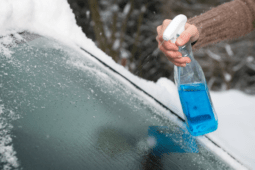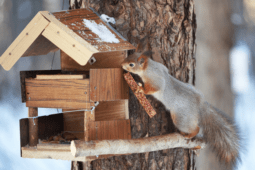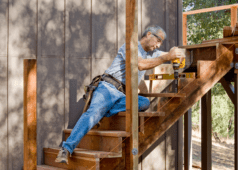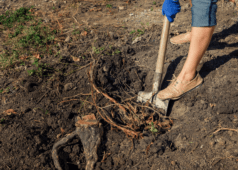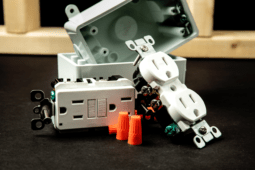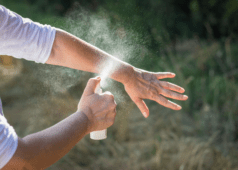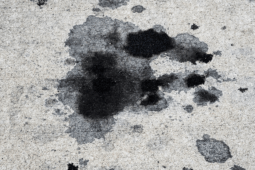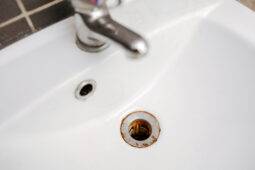How to Fix a Squeaky Garage Door
A squeaky garage door can loom over your days at home. The garage door is one of the most used doors in our house. The garage is not only a space reserved for cars alone, but some of us make use of it as a work area too. We use the garage door all the time that a different sound – no matter how little it can be – won’t miss our ears. A loud garage door is annoying. But all you need is to know how to fix a squeaky garage door, and it’ll come back to its less noisy, if not noiseless, operation.
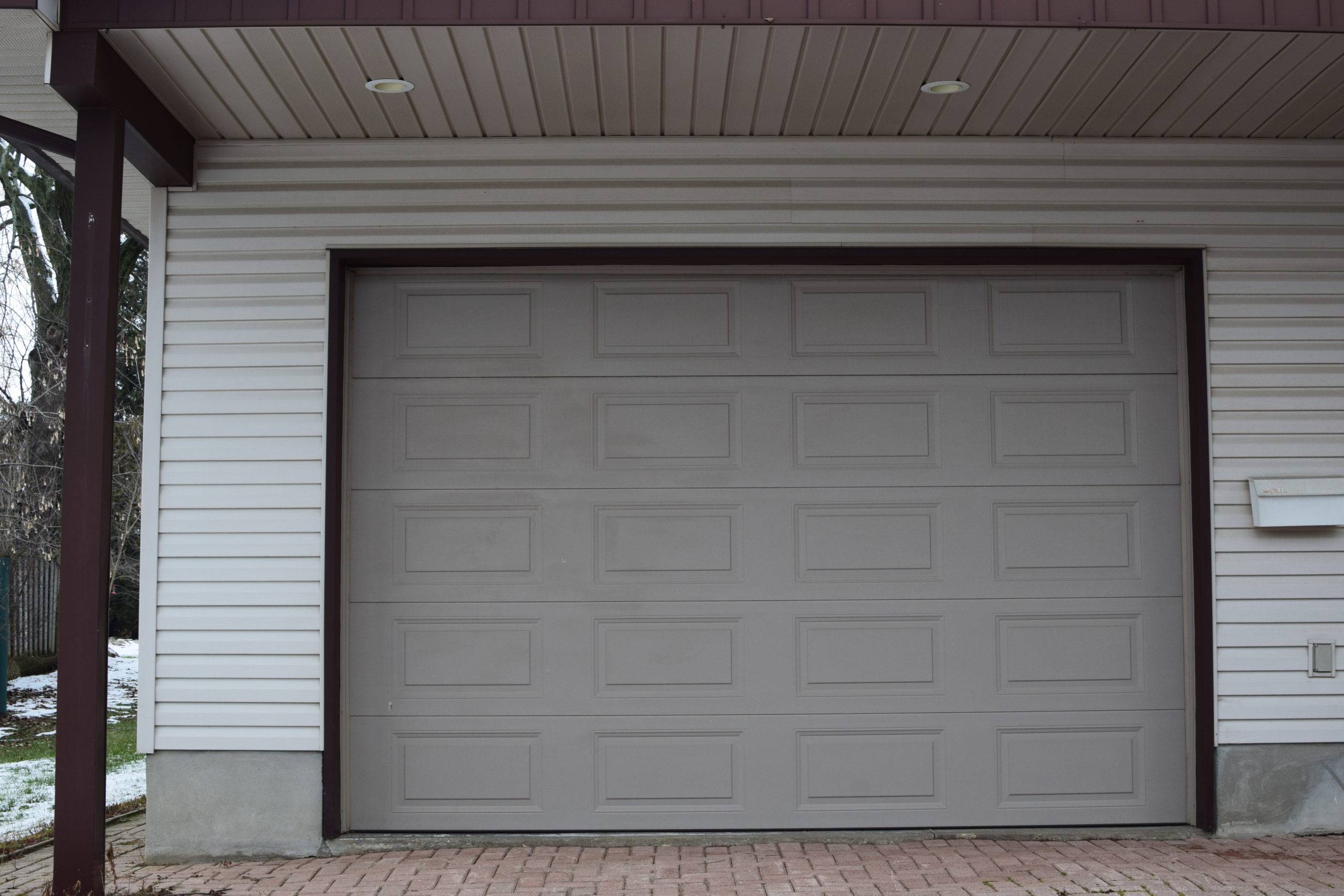
What Causes Squeaky Garage Doors?
Skills on how to fix a squeaky garage door are useless if you do not know what the root problem is. The first step in fixing the loud noise is to determine what causes the unwanted sound. Here is some probable cause why your garage door is being loud:
Old Garage Door Opener
Garage doors as old as time itself are just too loud! If you have an old one that’s like 25 years or older, it’s best to replace it with new versions that are quieter.
Powered by Chains and Steel Wire
If your garage door opens with the help of chains and steel wire, then these options produce loud noises that can annoy you and your neighbors too! When chains become loose, they cause the rollers to hit against the track causing loud slapping noises.
Loose Nuts and Bolts
Loose nuts and bolts are also the culprits of squeaky garage doors. It results in vibrating and rattling noises whenever you operate the door. However, rest assured that fixing them is very easy.
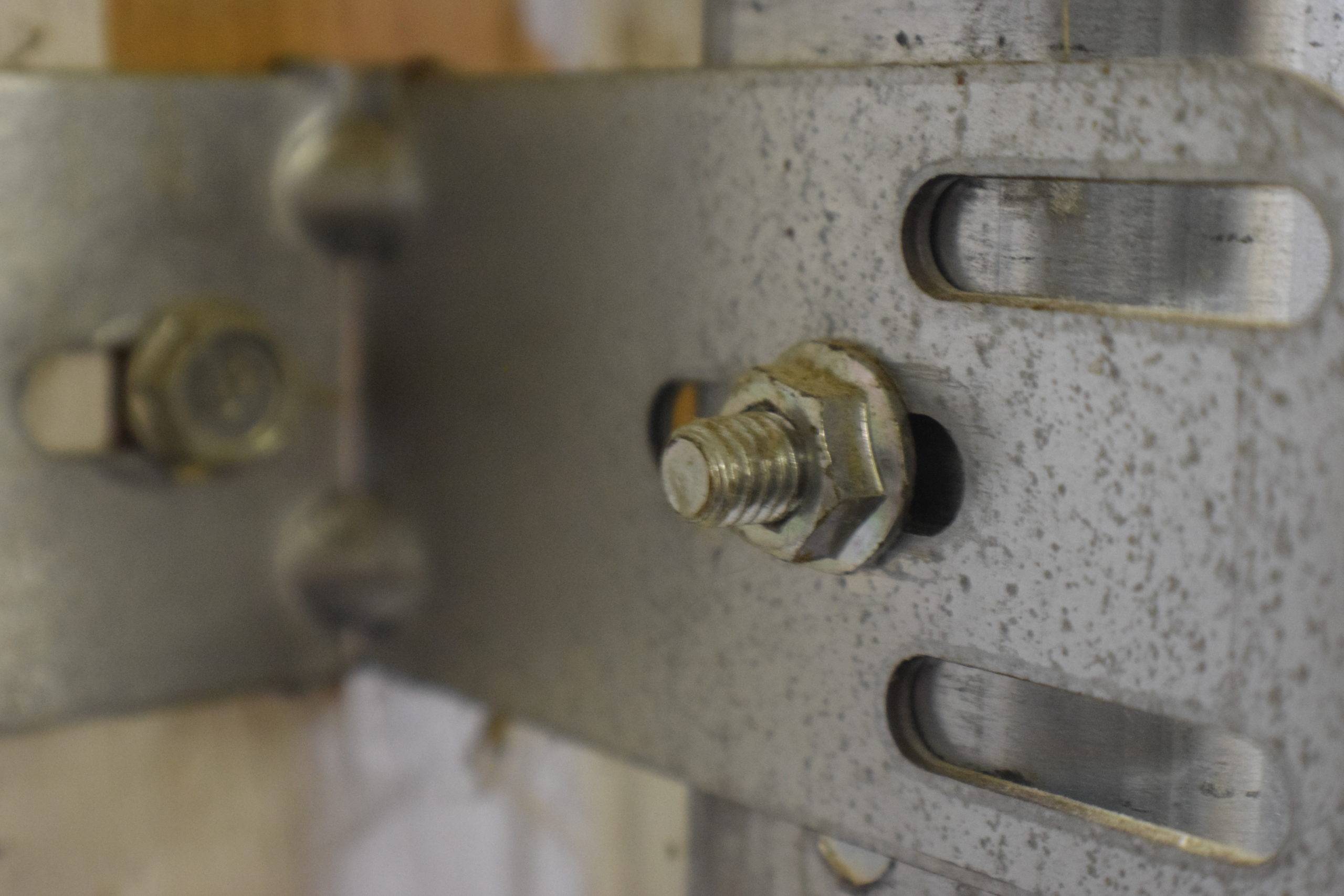
Worn Rollers and Hinges
Worn out steel rollers often cause a high-pitched squeaky sound. Rollers tend to wobble during the opening and closing of the garage door when they are worn out. They also make loud noises if they are accidentally bent.
How to Fix a Squeaky Garage Door?
Garage door fixes for small problems are simple. One can repair the damage with the right tools and basic expertise.
Materials Needed
- Garage door lubricant (we swear by the WD-40 white lithium)
- Petroleum jelly (Vaseline works perfectly fine)
- Ladder or step stool
- Gloves
- Rags
- Door parts
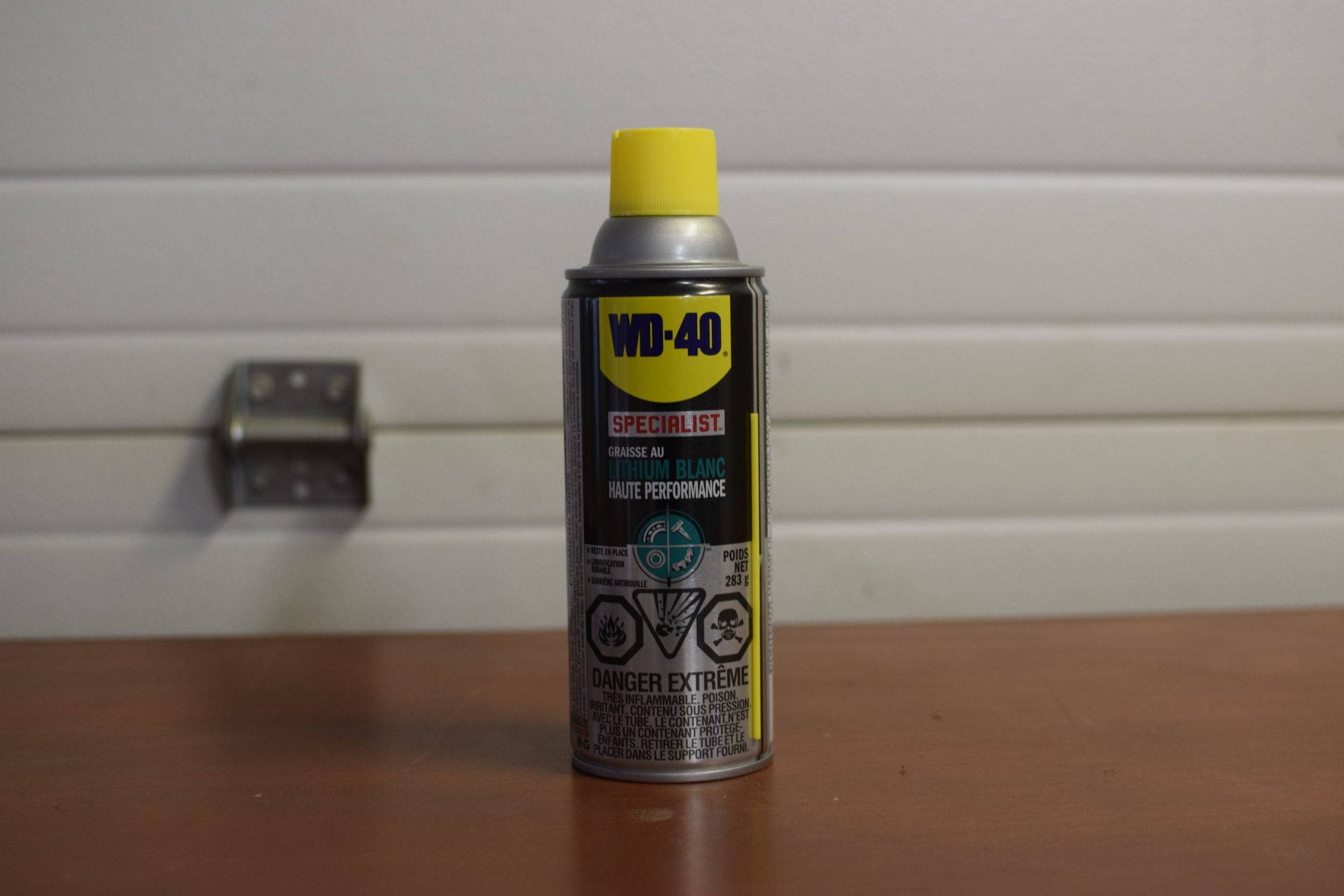
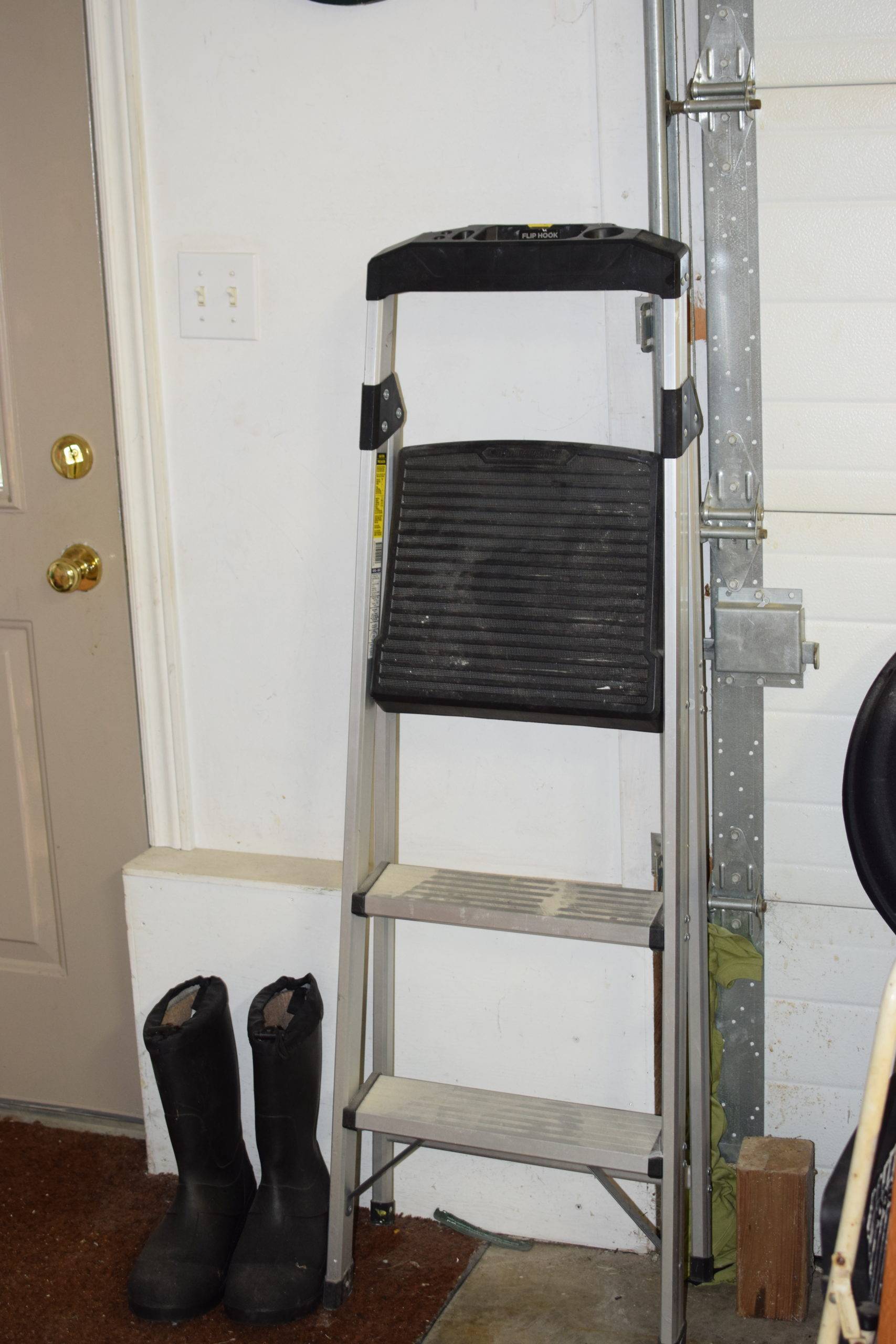
Step 1
Know the cause of the squeaking. Check for screws and bolts, worn-out rollers, and other possible causes I have reiterated above.
Step 2
Lubricate everything that moves from the roller shafts to the hinges. The springs and lock bars should be lubricated too. In this step, I use WD40 white lithium grease. I find it a lot better than the regular WD40. However, you can still choose any garage door lubricating product of your choice if this one is not available.
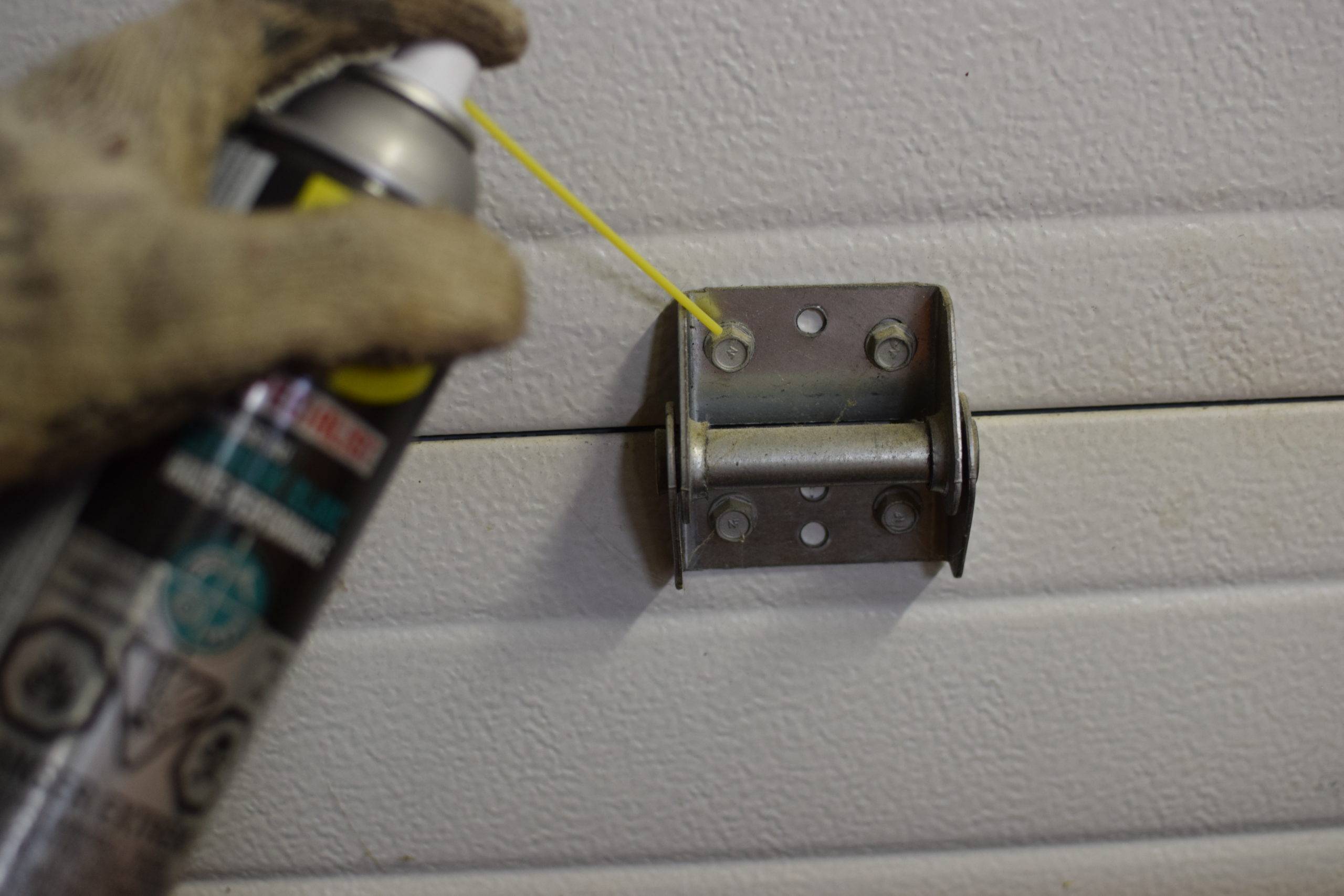
When applying the lube, spray the area you need to lubricate and let it sit for a couple of minutes. Wipe down any drips to prevent untoward accidents. If you need to lubricate a tight space, most lubricant sprays come with a special spray nozzle to fit on tight areas.
Torsion springs can be quite a challenge to lubricate if you do not know a few tricks. The best way to lubricate springs is to use cardboard to stop any dripping. Place the cardboard underneath the spring and spray them until all parts are well-lubricated. Again, wait for a few minutes before removing the cardboard. Do not forget to wipe off any excess grease.
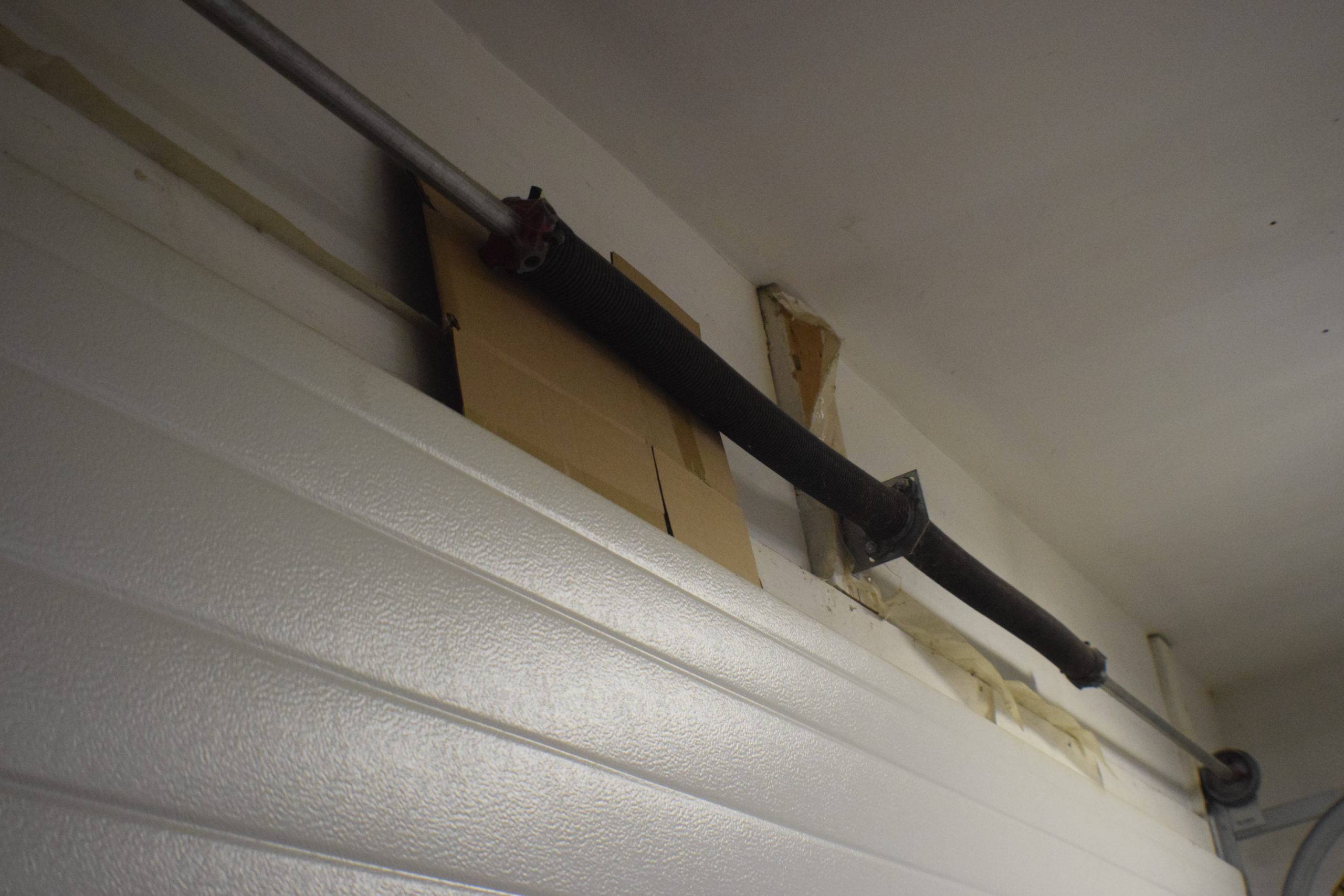
Step 3
The next step requires you to focus on the tracks. Clean the tracks with hot water and dish soap. Make sure that you scrub it thoroughly with a clean cloth. After cleaning, lubricate the tracks with the garage door lubricant. Then, add petroleum jelly to ensure that it is well-lubricated.
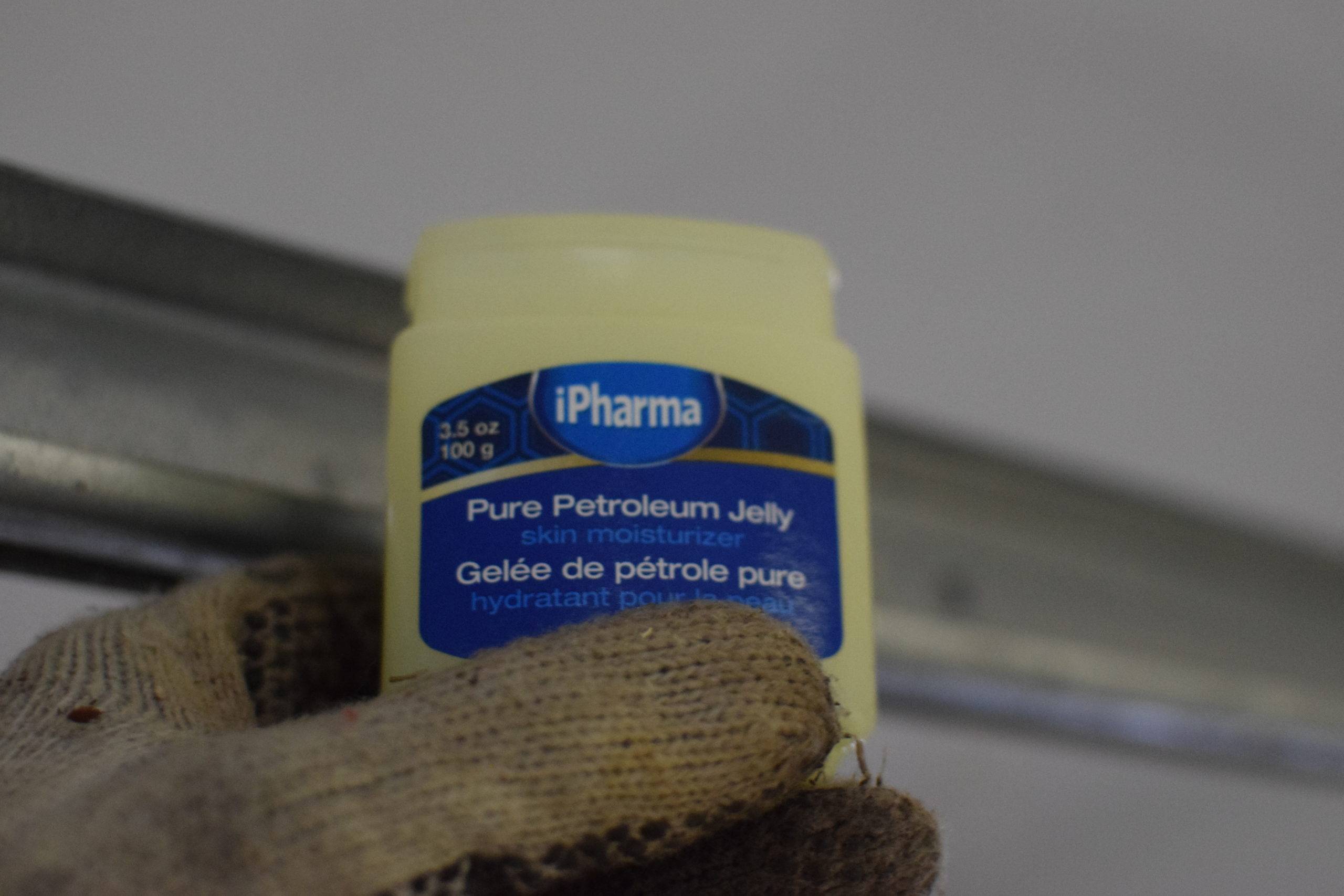
Step 4
Check the garage door if the squeaking noise is still there. If yes, work on all nuts, bolts and screws. Tighten these things on the garage door track.
You may discover that some parts are already old and worn out. Hence, it is best to have some replacements at hand. If you don’t have any replacements yet because you are unsure of what to buy, take photos of the damaged part or take down the part number. You may also remove it completely if you want, but then, you won’t be able to use your garage door until a replacement has been made. Take the information or the removed part to your local hardware store and let professionals determine which replacement you need.
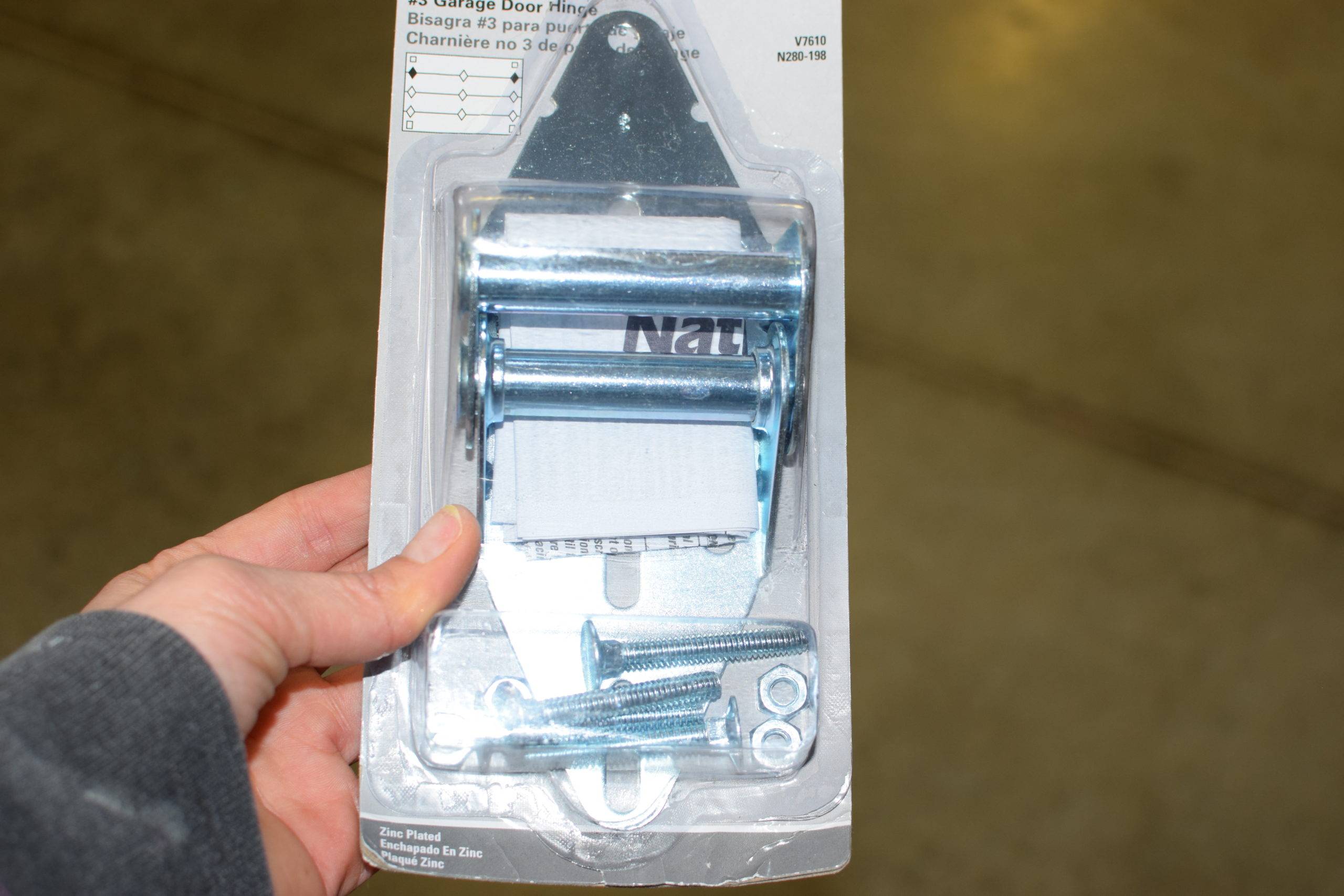
Now that you have the new parts, put them as soon as possible and lubricate them. This will help prevent squeaking noises.
Other Fixes for a Loud Garage Door
Replace Worn Rollers, Springs, and Hinges
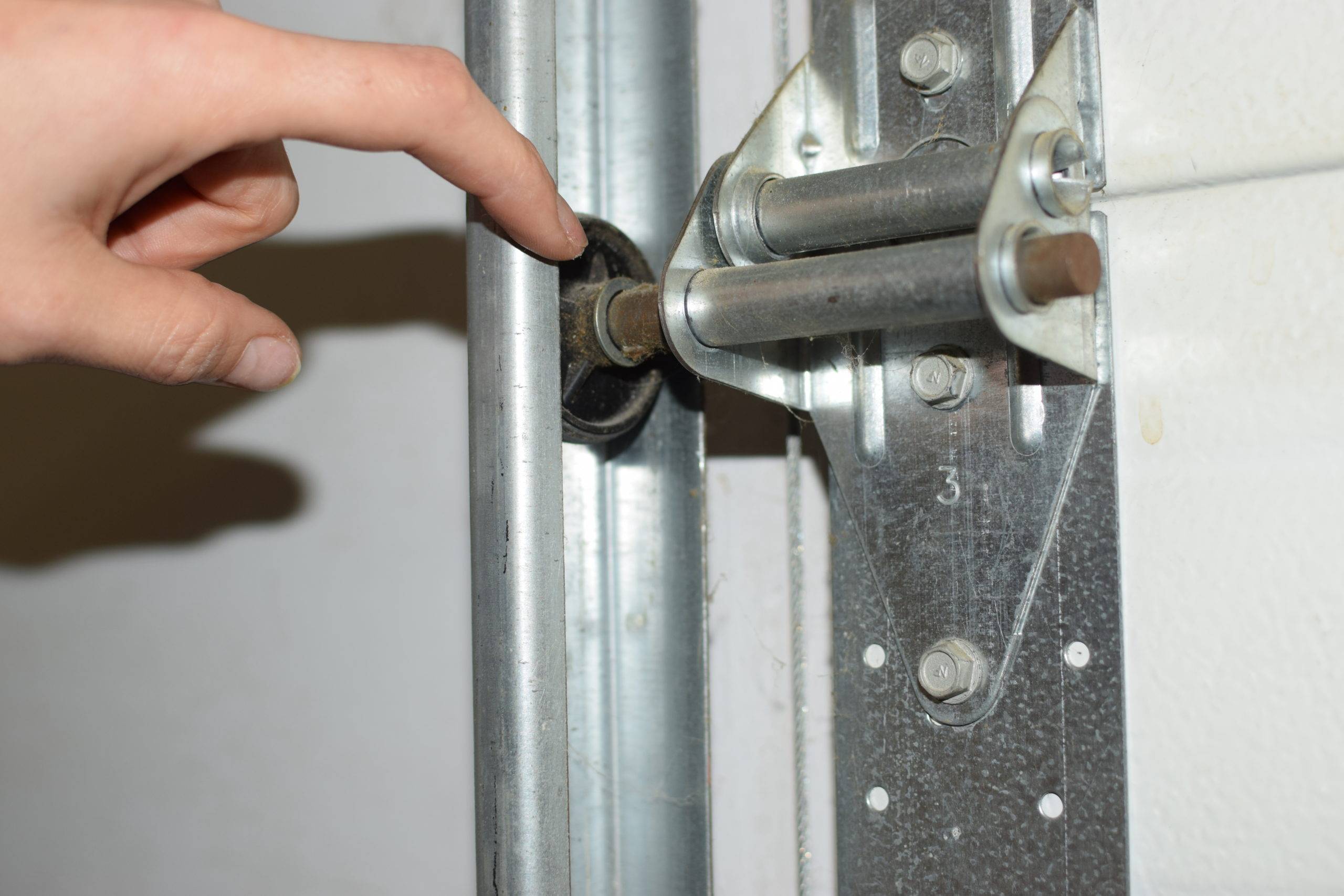
How to fix a squeaky garage door when the problem lies on rollers, springs and hinges?
Most track rollers of garage doors make use of unsealed bearings. These bearings get worn out after years of use, especially when they have to roll around constantly without any regular maintenance. Sometimes, the damage is too severe that the rollers start to rattle whenever you open and close the doors.
The best rollers to use are those with sealed bearings such as nylon rollers. Nylon rollers have a quieter operation compared to steel rollers. They also don’t need to be lubricated as often as steel. On the downside, however, nylon rollers tend to be more expensive. But if you have the budget, then these rollers are a great investment.
How do you replace track rollers? Change the rollers one at a time. You need to call a professional when the garage door has torsion springs overhead. Do not ever replace the rollers at the bottom brackets on your own. The brackets may cause injuries if you unbolt them since they are under spring tension constantly. Hence, professionals are needed for this job as they know how to fix a squeaky garage door safely with proper precautions in place.
Rollers get more worn out than hinges. However, when hinges become worn, they make a lot of noise as well. Loose hinges are also loud and may result in wearing out of joints located at the door sections. Early signs of hinge wear are dust and metal filings surrounding the hinge pin. You’ll further know that you need to replace the hinge when you see an oblong hole at the intersection of the tubular hinge pin and hinge bracket.
Check Garage Door Opener Chain
If you’ve replaced everything and you still hear the annoying squeaky sound, the problem may come from the opener chain. A loose chain gives loud slapping sounds and also results in rough door movements. To fix this problem, tighten the chain. Each manufacturer has different rules to follow when troubleshooting. Hence, it is best to keep the manufacturer’s guide that comes along with the chain. For track drive openers, put grease on the opener track. Meanwhile, for screw drive openers, oil the threads.
Regular Maintenance
They say that prevention is always better than cure. Do not wait until the garage door makes those perturbing noises. Experts recommend doing regular maintenance procedures twice a year for your garage door. The maintenance only involved visual inspection and checking of the different parts of the garage door and opener system. Also, check that all areas are properly lubed since lubricating helps a lot with the noise.
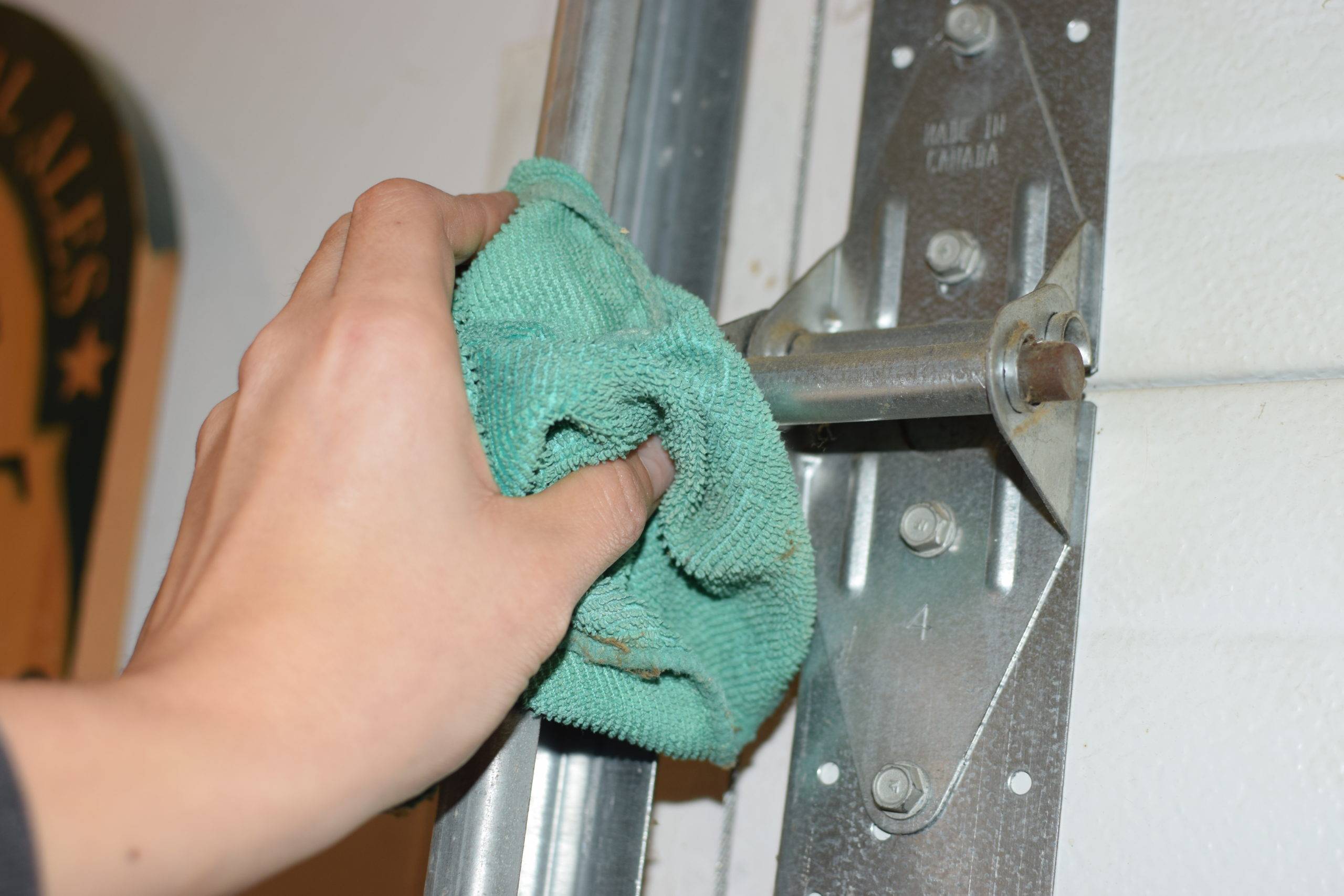
Takeaway
Given the different ways on how to fix a squeaky garage door above, I hope that this has solved your problem already. With some tools combined with knowledge and skills, you can properly fix the garage door by yourself. However, do not forget that some instances require professional help as it can be dangerous to handle by yourself. Problems with springs, for example, need professional help since fixing them on your own may lead to serious injuries.
It is great to keep your garage door as quiet as possible during operation. That way, you won’t disturb your neighbors and it won’t irritate your ears too.

